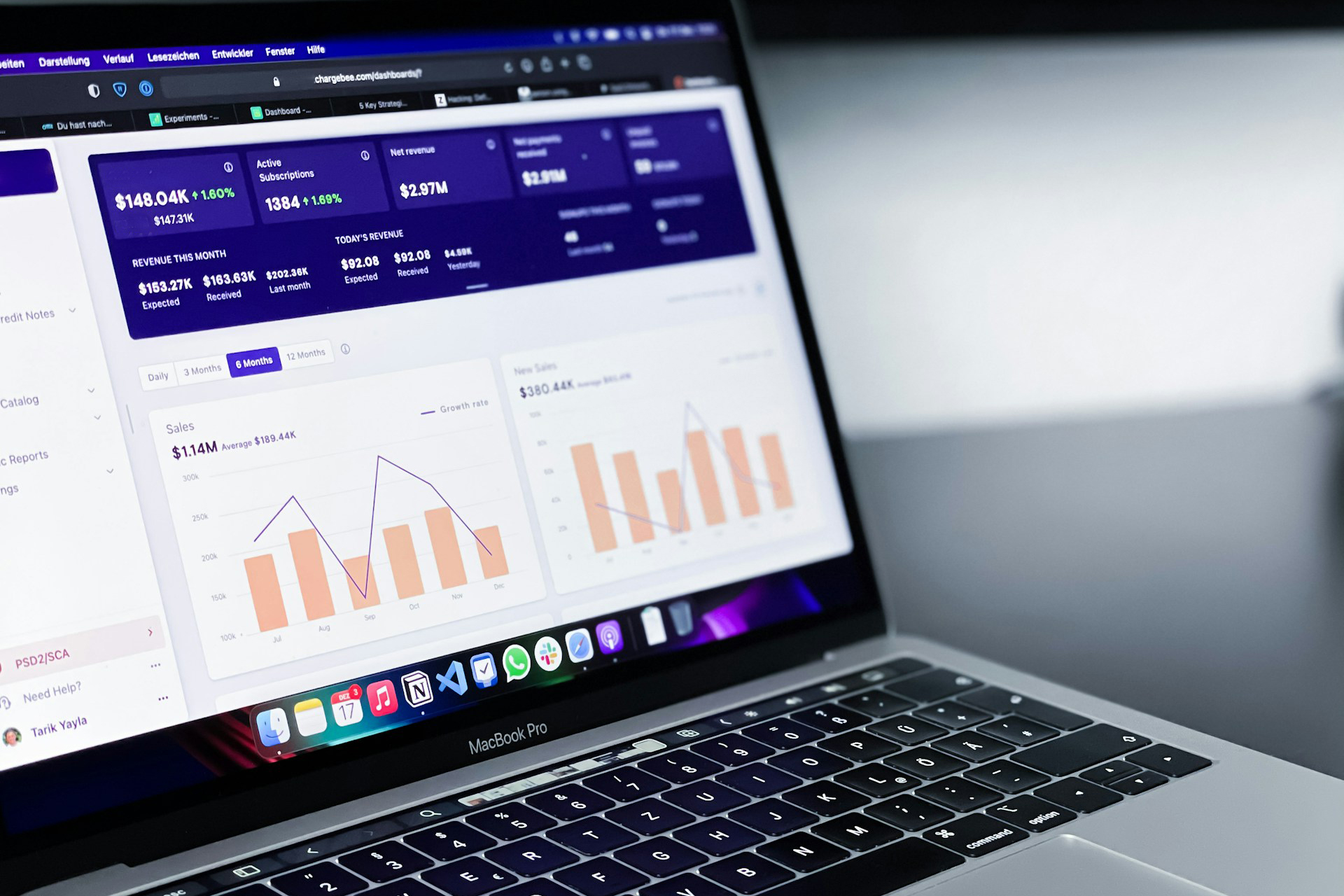As a freelancer or small business owner, you always have to monitor your income. It fluctuates due to a variety of factors. You need to pay extra attention to the invoices you issue. You must also have control over your expenses (project-related on not) and the payments you receive. It’s not always an easy thing to do. Thus, you should be cautious when tracking your billable expense income and handling reimbursements to avoid losing money.
But do you think that there are any sources of income that you ignore? What about your billable expense income? This FAQ section will answer all questions ranging from the simplest to the most complex ones.
What is the billable expense income?
Typically, expenses are a significant and well-known part of any business entity. However, billable expenses signify the money that you spend as the agent of a specific client. To put it simply, these expenses belong to your client and are related to the completion of their project. You are just the one purchasing what they need as a mediator.
Imagine yourself in a situation where you, as a web designer, have undertaken the job to build a website from scratch. The expenses of purchasing a domain name, the services of a website hosting, and fees for add-ons are all expenses you can bill to your client. All the above make up the billable expense income related to the specific client.
Is your billable expense income taxable?
Since you go through the payment of expenses, the respective client should reimburse them too. When a client pays off these reimbursable expenses, then the expense and corresponding compensation annul each other. Basically, both your expenses and their reimbursements are part of your billable expense income. Together, they form a net-zero expense.
First, you submit the reimbursed expenses as revenue. Then, the amount of money you initially spent can be deducted as a business-related expense which is part of your billable expense income.
Let’s assume that you are a marketing expert. You have an invoice stating that you have spent $400 on advertising costs for a new campaign around your client’s product. The payment of $400 that you will receive from your client can be seen both as revenue towards you and as a payment to the initial invoice. Thus, the expense reimbursement process is completed.
Reimbursed expenses are considered revenue since its incoming money. Nonetheless, the IRS does not tax business entities based on their revenues but on their net profit. Hence, no need to have extra worries; the billable expense income does not mean additional taxes for you.
Invoicing clients the way it should be
Should you include billable expenses in your invoices?
The answer is yes. Notably, in the freelance world, independent contractors must be paid for their work. Clients ought to repay you for the expenses made on their behalf. Be sure to state clearly the reimbursement of billable expenses in your freelance contract so that no exploitative intentions can be perpetuated.
Which expense categories are part of your billable expense income?
Depending on the project you are working on, different kinds of billable expenses may occur. Some standard project fees are around business traveling, like transportation, accommodation, and or vehicle gas costs. At the same time, online and in-person meetings are also billable to your clients as long as you mention them in the contract and are accurately time-tracked so that the respective billable hours can be included in your invoices. Of course, we should not forget the administrative charges for your services.
Furthermore, if your work has to do with the hands-on production of goods, be sure to bill your client for materials and supplies that change your usual working process by adjusting the price per item or by charging the total amount you have paid for the resources just for their project.
In general, your billable expense income consists of different expenses that can vary from project to project. Just be sure to send your client an explicit project proposal and state clearly all of the subsequent expenses in the agreement. This way, you are safe, and your clients will know exactly what they are paying for.
How can you be sure that your billable expenses will be paid back?
There is one reliable way that you can secure the reimbursement of billable expenses. You should add them to the contract you sign with your client. If you both agree to the terms and conditions before the commencement of the actual project-related work, you are most probably financially secure. It would be beneficial if you included all the possible categories of billable expenses in the contract. This way, your clients will have to pay the expenses that fall under those categories. To be legally covered, you could ask a law advisor to further assist you with finding the right phrasing of the billable expenses section.
On the whole, you should pay extra attention to your billable expense income. If left unattended, then it is highly possible that you lose part of your revenue due to paying for your clients’ expenses. So, be sure to monitor your billable expenses with the help of invoicing software and bill them to your clients to avoid any financial problems.






